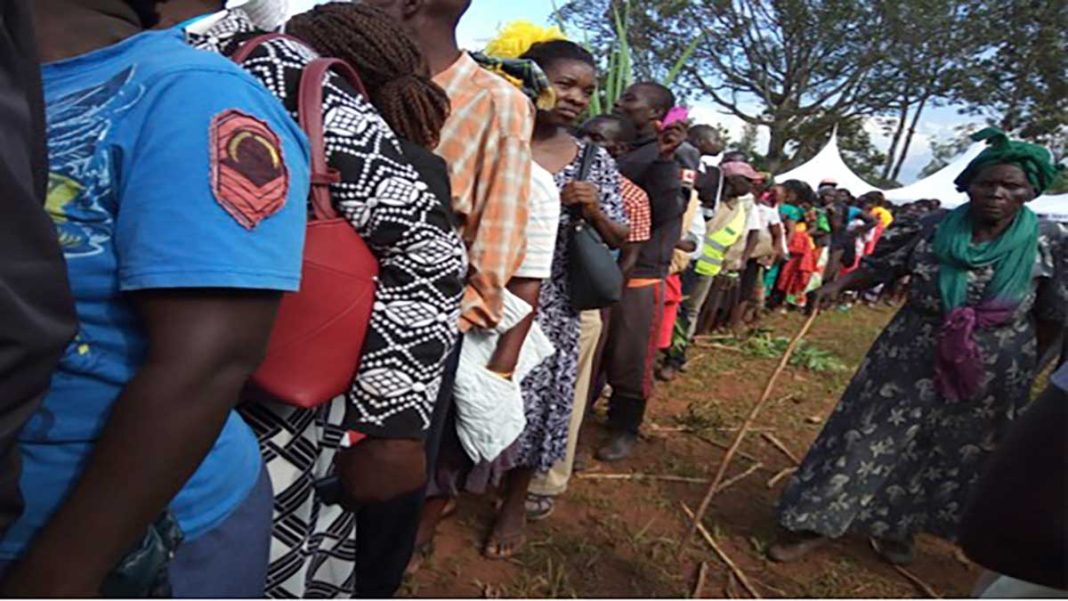Comrades power! This is as far as extremism can go. Everyone in the village, found by university students coming to bury one of their own, is considered a fool. A fool who knows nothing. The parents of the deceased student are not exempted.
They don’t have names. Their names are comrades. So comrades normally come with the hearse. The university gives them a bus. They come in the evening. Most are dressed in the same way as late Papa Wemba or Kofii Olomide.
So comrades reach your village. They jump off the bus and catch friendship with some village youth who speaks some little ‘Sheng’ and look a bit sexy. The male comrades disappear inside the sugarcane plantations with the village girls.
The youth shows them chang’aa dens. They drink few tots here and there. In an empty stomach.
When its nearly dark, smelling like pub latrines, they resurface in the funeral again walking like dancers in Zangalewa.
They bring Chang’aa jerry cans,weeping, wailing, grieving, singing, making noise from’ changaa dens.’ They sprint to the casket with placards, big placards with a banana leaf. They are chested naked.
Their shirts tied on their heads. They cry. Cries of alcohol mixed with bhangi and cigarettes. They smell like cattle dip.
Their girlfriends are in the tent, taking photos and posting on social media, “Matanga tings”
Next day, eulogy is read…. Comrades are impatient. They are still wailing, shouting and kissing their girlfriends.
They cant listen to anyone.
Everybody in that village is a fool except them, Comrades.
Comrades given a chance to speak…
They first call the girlfriend of the dead guy. She comes forth, swaying her ass and walking briskly like a sick kangaroo. She grabs the microphone with her pink polished nails.
Her two friends flanking her. They are standing by her side. With huge dark goggles on their faces, they look like Mugabe. She speaks with her nose, “Jose alikuwa chali ya mine. Design alininice nayo mi ndo narada. Mi sina mob la kubonga. Sir God ndo anajua. Na nimefyata. Thanx”. Comrades cheer with claps and ululations.
Villagers remain silent even though they don’t understand what the lady is saying but they are composed. They believe she must be saying something good about the dead comrade. As expected ,we should always speak good of the dead.
Before the program ends, the widow and her two friends head back to the tent where other comrades are. Discontent on their faces is registered. They believe they have wasted their time. One comrade shouts, “COMRADES POWER?”
“POWER! “
“COMRADES, RIAAA?! “
“TIBIIIM!! “
Villagers feel ashamed, they look down, they stare at their own feet. Comrades get charged. They go and pick the coffin. Direct to the grave. No prayer. No nothing. They bury a comrade, then drink the remaining chang’aa and wail as they head back to their bus.
The widow is more drunk than the rest.
One of the comrades has already booked her. She is in love with the new man.
They stagger towards the bus. Kissing and nursing each other.
Villagers stare at them as they speed off. Its raining.
The deceased comrade’s parents are now lying by the grave. The deceased’s girlfriend gets pregnant on the trip to Nairobi.
Life goes on.

